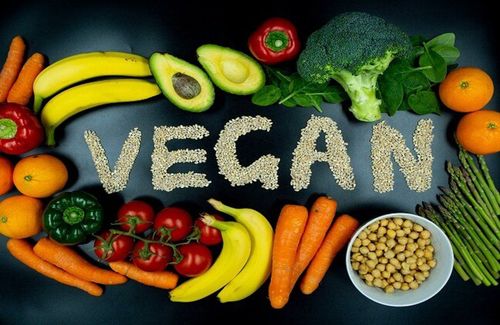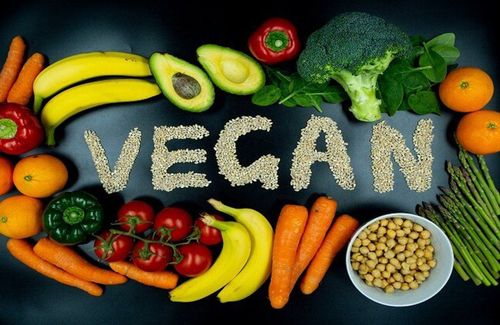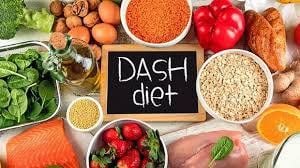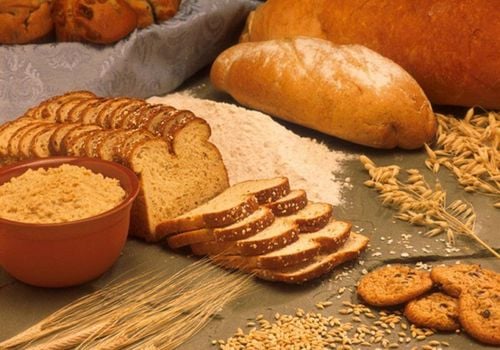This is an automatically translated article.
There are many reasons why many people choose a vegetarian diet such as religious reasons or personal reasons. Scientific vegetarianism can help reduce the risk of chronic disease, aid in weight loss, and many other health benefits.1. Health Benefits of a Vegetarian Diet
A vegetarian diet offers a number of health benefits. In fact, studies show that vegetarians often have better diet quality than meat eaters. They also loaded up on a lot of important nutrients like fiber, vitamin C, vitamin E and magnesium.A vegetarian diet may also provide other health benefits
Promotes weight loss Reduces cancer risk Stabilizes blood sugar Boosts heart health
2. Some Cons of a Vegetarian Diet
A full vegetarian diet can be seen as a healthy and nutritious diet.However, vegetarianism also includes some disadvantages.
Vegetarianism increases the risk of certain nutritional deficiencies. Meat, poultry, and fish provide a good amount of protein and omega-3 fatty acids. When you cut meat or animal products from your diet, your body gets the nutrients it needs from alternative food sources. If not for a long time, the body will become deficient in nutrients.
Studies show that vegetarians have a higher risk of protein, calcium, iron, iodine and vitamin B12 deficiencies. Nutritional deficiencies in these important micronutrients can lead to symptoms such as fatigue, feeling weak, anemia, bone loss, and thyroid problems.

Ăn chay làm tăng nguy cơ thiếu hụt một số dinh dưỡng nhất định
3. Some foods should be eaten
A vegetarian diet should include a varied mix of fruits, vegetables, whole grains, healthy fats, and protein.To replace the protein provided by meat in your diet, eat more protein-rich foods like nuts, seeds, beans, tempeh, tofu and seitan.
If you follow the Lacto-ovo vegetarian diet, eggs and dairy can also boost your protein intake.
Eating nutrient-rich whole foods like fruits, vegetables and whole grains will provide the range of vitamins and minerals needed to fill any nutritional gaps in your vegetarian diet.
A few healthy foods to eat as a vegetarian are:
Fruits: Apples, bananas, berries, oranges, melons, pears, peaches Vegetables: Green vegetables, asparagus, broccoli, tomatoes, carrots Assorted cereals: Quinoa, barley, buckwheat, rice, oats Legumes: lentils, peas, chickpeas. Nuts: Almonds, walnuts, cashews, chestnuts, chia seeds Healthy fats: Coconut oil, olive oil, butter Protein: Tofu, spirulina, eggs, dairy products
4. Foods to Avoid
There are different recipes for vegetarianism, each with different limitations. Lacto-ovo vegetarianism is the most common type of vegetarian diet, which involves eliminating all meat, poultry, and fish. Vegetarians of other types may also avoid foods such as eggs and dairy.Depending on your needs and preferences, you can eliminate the following foods from your vegetarian diet:
Meat: Beef, veal and pork Poultry: Chicken and turkey Fish and animals shellfish Eggs Dairy products and other animal products

Những người ăn chay theo các kiểu khác cũng có thể tránh các thực phẩm như trứng và sữa
5. Conclusion
A balanced vegetarian diet with some nutritious foods like whole grains, healthy fats, and plant-based proteins may offer some benefits, but it can increase the risk of deficiency. nutrition if you do not have a good vegetarian menu.You should pay attention to a few important nutrients that vegetarians are often deficient in. That way you're helping to round out your vegan diet with a range of healthy foods and minimizing its downsides.
Please dial HOTLINE for more information or register for an appointment HERE. Download MyVinmec app to make appointments faster and to manage your bookings easily.













